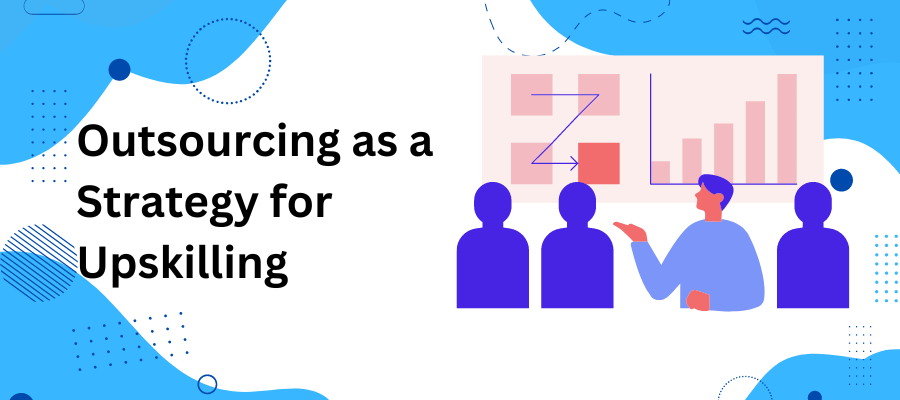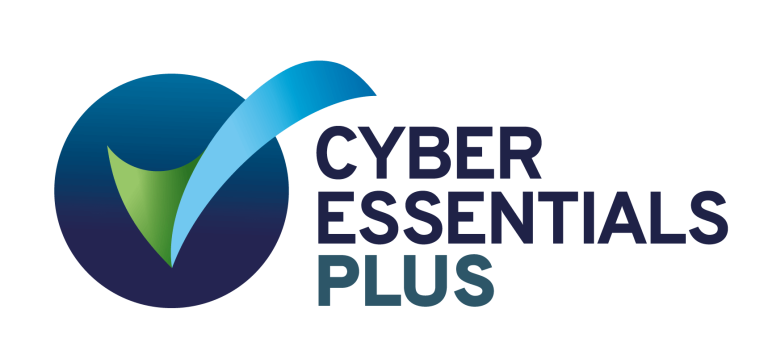In the dynamic landscape of the modern workplace, it’s crucial to ensure that your team possesses the skills required to navigate emerging technologies and evolving business strategies. As Neelie points out in her video, “Sometimes, you need to upskill people but you don’t have the in-house capacity to do so…A solution might be to hire freelance specialists or contractors.” Let’s unpack this a bit more.
When and Why to Outsource
Identifying the Need for Outsourcing
When a business lacks the expertise to train employees in certain necessary skills, outsourcing is often the most feasible solution. Rapidly advancing technologies, such as artificial intelligence, data analytics, and programming, often require a level of expertise that may not yet exist within your company.
Considering the Benefits and Drawbacks
Outsourcing can provide access to high-level expertise, save time on upskilling, and enable a quick start on essential projects. However, it’s important to be aware of potential drawbacks, including costs, potential culture clashes, and the challenge of ensuring knowledge transfer.
The Outsourcing Process: Best Practices
Selecting an Outsourcing Partner
Choosing the right outsourcing partner is a critical step in this process. It’s vital to find a partner who not only possesses the required expertise but also aligns with your company’s values and culture.
Ensuring Knowledge Transfer and Collaboration
To maximize the benefits of outsourcing, it’s essential to facilitate active collaboration between the outsourced experts and your in-house team. This ensures a valuable transfer of knowledge that can benefit your business long after the project is complete.
Analogy: Outsourcing as Renting a Fully Furnished Home
Consider outsourcing like renting a fully furnished home. You get the immediate comfort and functionality without the time-consuming and costly process of buying and arranging furniture. Similarly, outsourcing provides immediate access to needed skills without the time and resources required for in-house training.
Maximising the Value of Outsourcing for Upskilling
Outsourcing can be an effective strategy for quickly accessing and transferring specialized skills to your workforce. With careful planning and management, you can use this strategy to bridge the skills gap and foster a culture of continuous learning in your organisation.
TL;DR
Outsourcing is a practical strategy for quickly upskilling your workforce, especially when in-house expertise is lacking. It provides immediate access to specialized skills but requires careful selection of partners and strategies to ensure knowledge transfer.
My Perspective on Outsourcing for Upskilling
From my experience as an HR professional, I’ve learned that outsourcing can be a powerful tool for upskilling. It offers a way to infuse fresh perspectives and skills into the organization while saving time and resources. The key is to approach it strategically, always with the end goal of growing and developing our in-house talent.
More from the HR Blog



